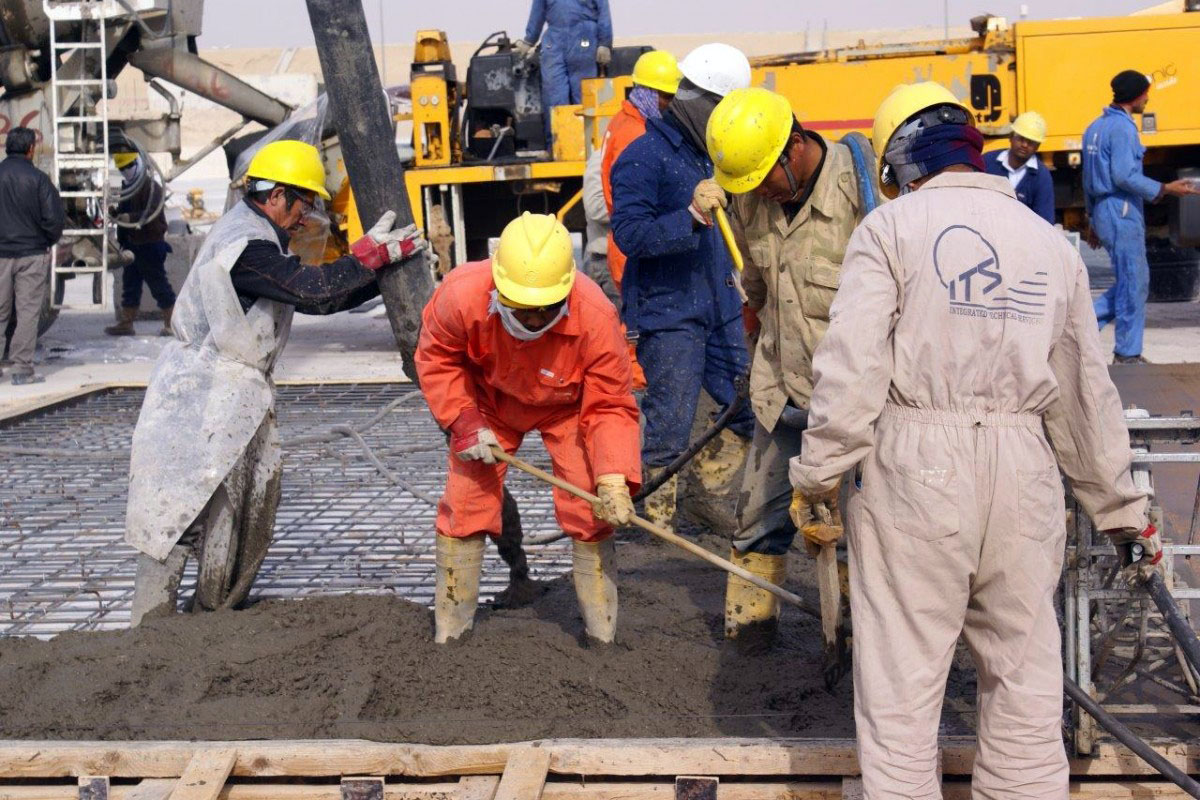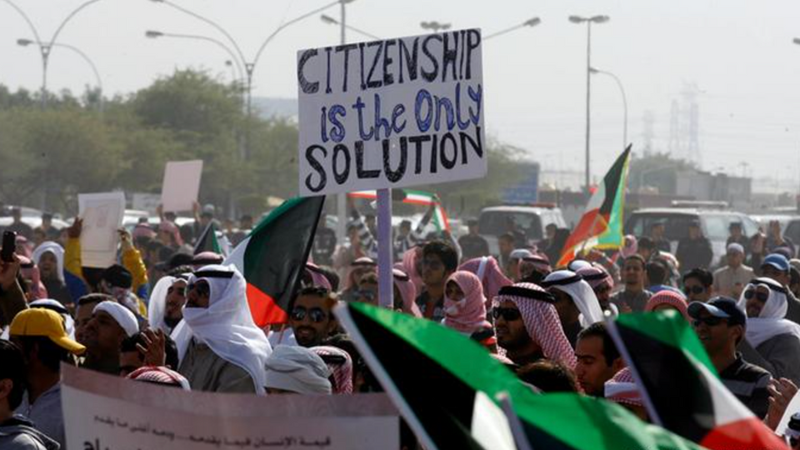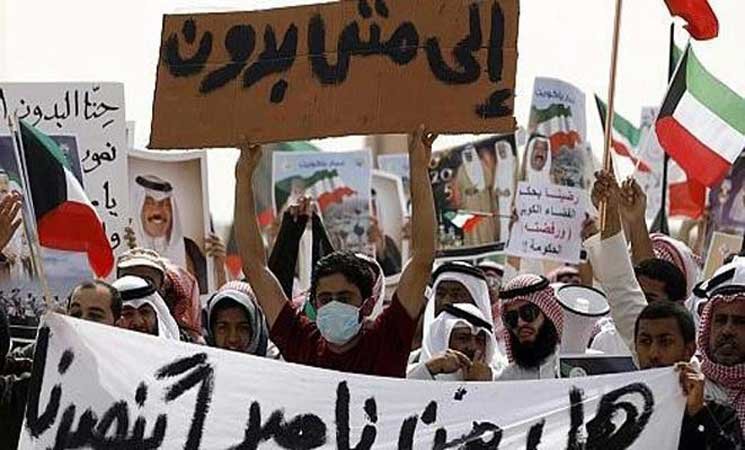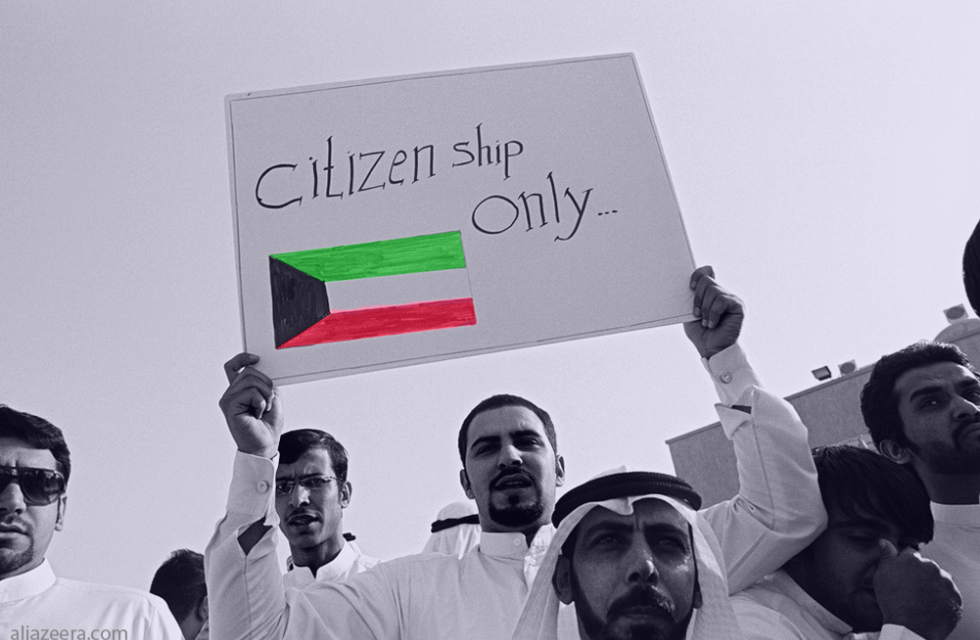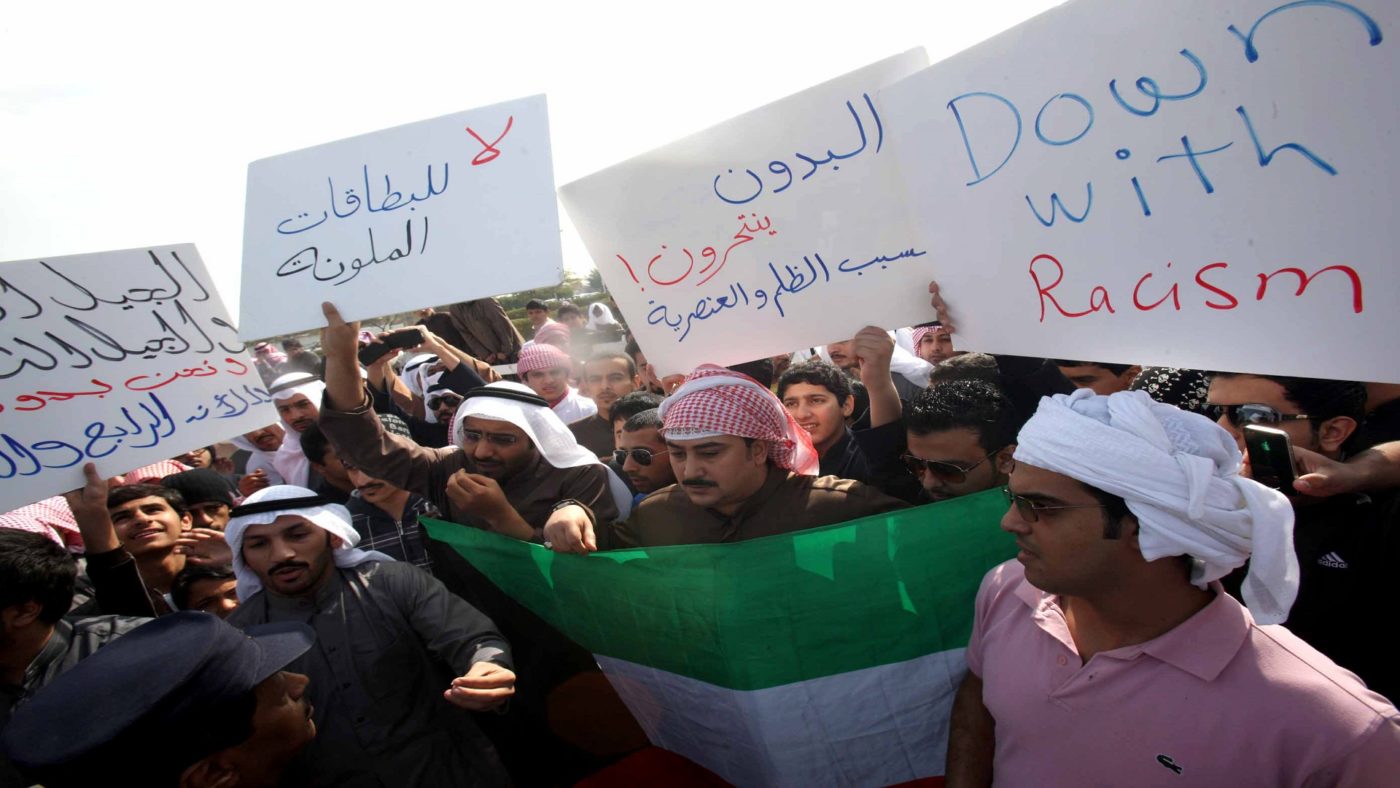Introduction Tensions between Kuwait and the Philippines have steadily increased in recent years, specifically concerning the circumstances of the 268,000 Filipino migrant and domestic workers (MDWs) in Kuwait. In 2022, remittances from Kuwait to the Philippines amounted to approximately $597 million. Yet the mistreatment, in this case, withholding payments, of Filipino MDWs in Kuwait does[…]
Background Kuwait gained independence in 1961, ceasing to be a British protectorate anymore. Upon this development, one-third of the population was given nationality on the basis of being ‘founding fathers’ while another third were naturalized as citizens. The remaining people were designated as bidoon jinsiya which when translated from Arabic means ‘without nationality’. According to[…]
On 24 June, ADHRB has delivered an oral intervention at the United Nation Human Rights Council session 47 during interactive debate with Special Rapporteur on the right to adequate housing. Mr. Rapporteur, We would like to bring to your attention the situation of the Bidoon, a stateless community living in Kuwait. The Bidoon represent one[…]
The Government of Kuwait must cease human rights violations against its own Bidoon population. Since Kuwait gained independence in 1961, the government has perpetrated a continuous system of institutionalized discrimination, repression, and degrading treatment against the Bidoon, a stateless minority. These acts violate fundamental human rights of the Bidoon, as well as international law obligations[…]
Stateless individuals, human rights defenders and government critics are routinely subjected to torture and cruel, inhuman or degrading treatment within the country of Kuwait. This is despite Kuwait being party to the United Nations Convention Against Torture (CAT) which stipulates prohibitions on such actions and strictly requires state parties to implement effective legislative, administrative, judicial[…]


